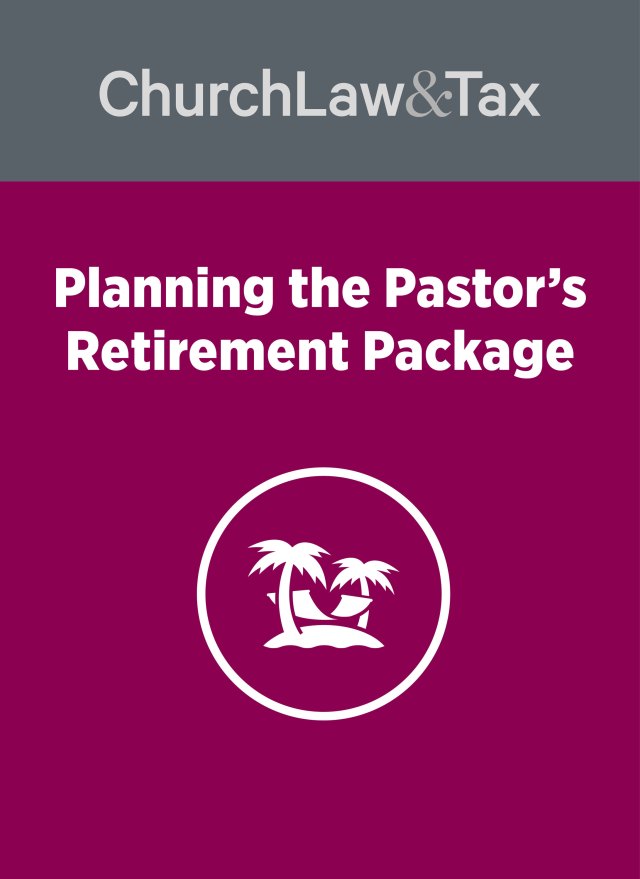Which date did staff member become a pastor & self-employed for Social Security? Any risk to exempt status of church for paying employer portion of Social Security after official date he became self-employed?
We are a non-denominational church with no official ordination process. In the past, when we appointed a new pastor, we introduced the individual to the church as pastor and described the new position. We did not, however, do this for one individual. He has preached a few times but has never led the service. He has not given communion to church. Here is a timeline of key dates and events:
-
6/05 Church hired seminary student as pastoral intern.
-
10/05 Intern moved into parsonage.
-
5/07 Intern graduated from seminary and was hired as director of children’s ministries. Church did not consider him a pastor in this role.
-
7/07 Performed wedding out of state.
-
7/08 Pastor given title of Youth Pastor with responsibility for youth ministry.
-
2/09 Pastor purchased home and began receiving housing allowance.
-
10/09 Church changed pastor’s status to self-employed for Social Security after church realized it was still paying employer portion.
Based on this timeline, which date did this staff member become a pastor and self-employed for Social Security purposes?
Based on your facts, I am not confident that this individual qualifies as a minister for housing allowance purposes. Decisions and IRS rulings indicate that a qualifying minister must meet three general tests: (1) function (does this person do what a minister of this particular faith ordinarily does?), (2) authority (is this person officially commissioned or “set forth” as a minister?), and (3) base of ministry (is this person recognized as a minister by or affiliated with an identifiable religious body?). See Kirk v. Commissioner, 425 F.d 492 (D.C. Cir. 1970).
He met the first qualification when he became the youth pastor in 7/08. He has also met the third test (base of ministry). The problem arises with the second test (authority test). To pass the authority test, a minister must be duly ordained, commissioned, or licensed by a legitimate church or denomination. He has yet to receive any form of ministerial credential from a church.
You mention that your church does not issue ministerial credentials. When dealing with another church with similar practices, the IRS ruled that no one was entitled to a housing allowance unless they were recorded and vested with authority as a minister by their employing body. (Rev. Rul. 66-90, 1966-1 C. B.) In that case, the IRS looked at the minutes of the governing body to see if that body recognized the individual as a minister of the gospel. In the case of no formal ministerial credential, ministers must also perform substantially all the religious functions within the scope of the tenets and practices of their church to qualify for treatment as a minister.
The issue is whether the awarding of the title Youth Pastor vested him with full ecclesiastical duties and responsibilities of a minister of the gospel under your church’s doctrine. This issue will be resolved, in part, by reviewing the minutes of your governing body to see if it recognized him as a minister of the gospel. Then, your church needs to determine whether he is performing All the religious functions of a minister of gospel with your church’s teachings. If you succeed on all points, he may qualify. If not, then he does not qualify.
I suggest your church institute a formal ministerial credential that it can issue to those ministers of the gospel it employs.
Frank Sommerville is a both a CPA and attorney, and a longtime Editorial Advisor for Church Law & Tax.





